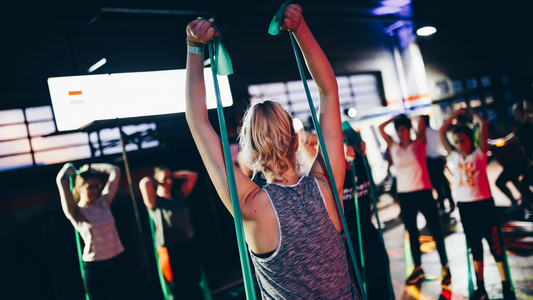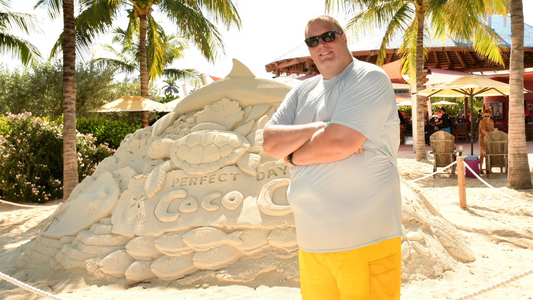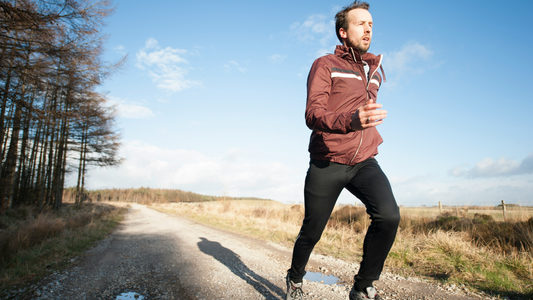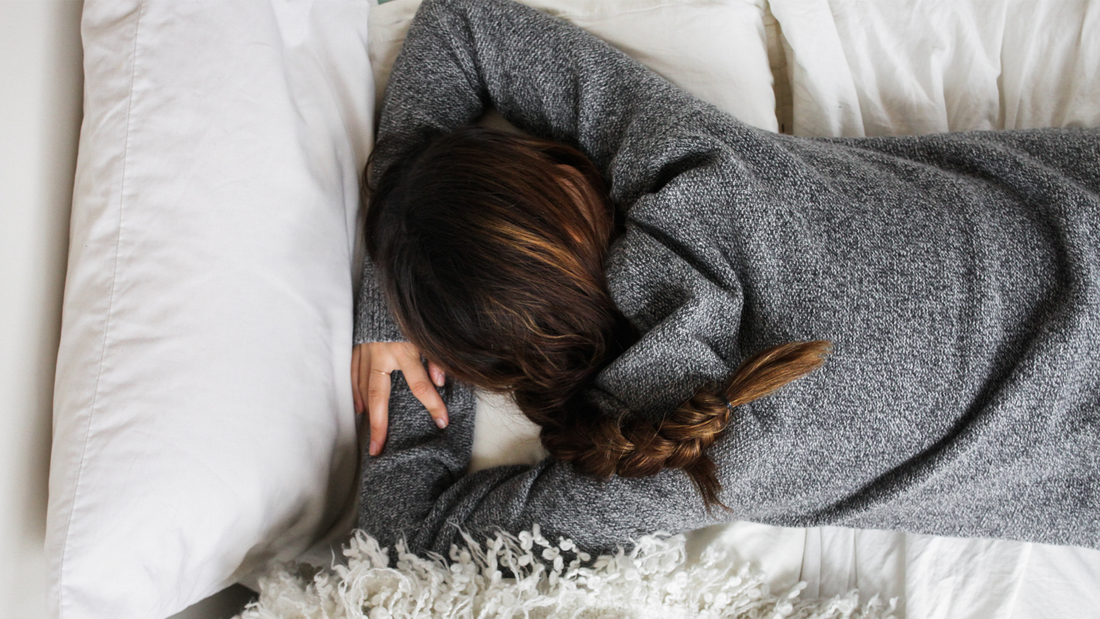
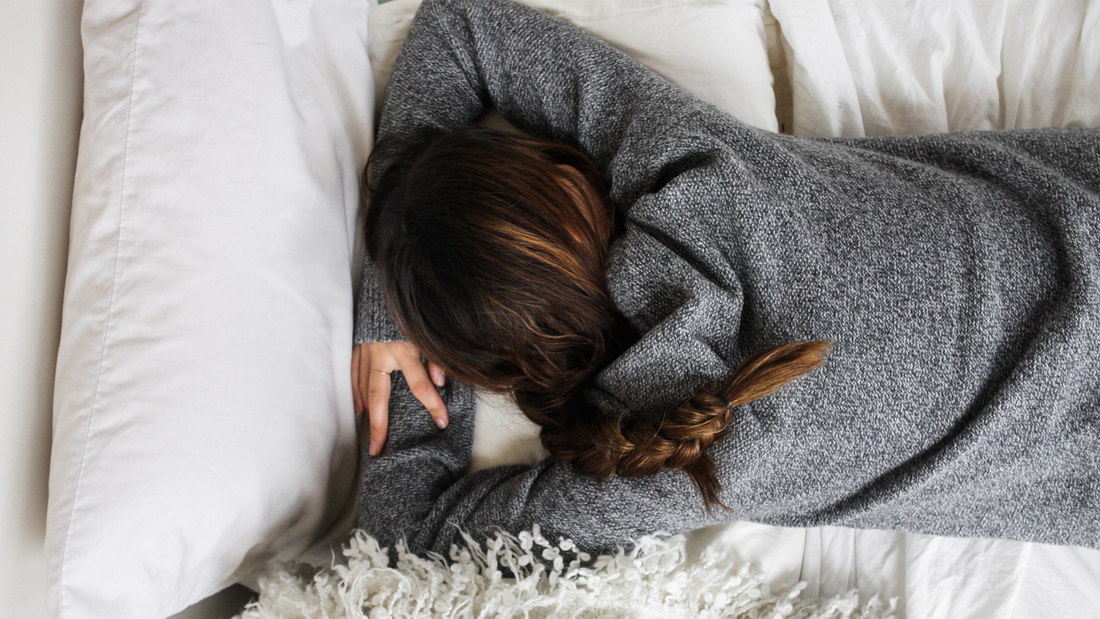
How Does Napping After a Workout Affect Your Results?
ZOZOFIT knows that of the many benefits of starting a new fitness plan is that you should experience an overall increase in energy. However, you may find that you become sleepy just after a workout. This is usually normal, but what should you do about it?
Should you act on your feelings and take a nap, or should you try to stay awake? How does napping after a workout affect your results?
Pros of Napping After a Workout
During exercise, your body uses a lot of energy. This is part of the reason for the feeling of fatigue that you feel following a workout. Another contributing factor is that exercise stimulates the release of neurotransmitters, i.e., chemicals that send signals to your brain. After a workout, your body may release more serotonin and dopamine, neurotransmitters that relax your body and make it more difficult for your brain to activate your muscles. One theory is that the release of these neurotransmitters helps protect your body from overexertion.
As for how napping after a workout affects your results, it depends partly on what your goals are. If your goal is weight loss, there is no evidence to suggest that taking a nap after working out has a direct impact on weight loss. Nevertheless, a post-workout nap can offer several general benefits.
Improved Sleep Debt
Most adults need at least seven hours of sleep per night. Sleep debt is the difference between the number of hours you should be getting versus the hours of sleep you actually get. Sleep deprivation can interfere with your fitness and wellness goals. A nap after your workout can help you make up for whatever sleep you are lacking. Decreased sleep deprivation helps your body to work more efficiently overall, helping you achieve your fitness goals.
Reduced Physical Fatigue and Increased Muscle Recovery
Generally speaking, your body needs rest after any physical or mental exertion. Napping after a workout gives your body a chance to recover. In particular, exercise puts stress on your muscles that results in micro-tearing of the fibers. The pituitary gland in the brain responds to micro-tearing of muscle fibers by releasing growth hormone to repair the damage and build new muscle tissue, but this only happens while you are asleep.
Increased Mental Alertness
When you work out, your brain has to send signals to your muscles telling them to contract. Following this exertion, your brain can experience some fatigue and, as a result, you may not feel as sharp. Taking a nap after working out gives your brain a chance to rest, meaning that you may feel more alert when you wake up.
Cons of Napping After a Workout
Generally speaking, some fatigue after exercising is normal. However, if your sleepiness seems excessive, you have a hard time waking up, or you fall asleep at inappropriate times without realizing it, these could be signs of a serious medical condition.
While taking a nap after working out can be beneficial, it could have some downsides as well.
Problems Sleeping at Night
If you're getting an adequate amount of sleep at night, a post-workout nap may not help you. It may actually disrupt your nighttime rest, throwing off your entire sleep pattern and potentially increasing your sleep debt.
Poor Sleep Quality During Your Nap
Exercise can energize you, but this may interfere with your ability to sleep after a workout, meaning that you may not get high-quality rest. Physical exertion also raises your body temperature, which can prevent you from getting comfortable enough for quality sleep.
Grogginess Upon Waking
A short nap can energize you, but if you take a long nap, you may wake up feeling groggy. This happens when you wake up from a deep cycle of sleep. The longer you nap, the deeper your sleep becomes until it cycles back to shallow sleep, but this can take several hours.
Getting the Most Out of a Post-Workout Nap
There are things you can do to increase the chances that napping after a workout will be of benefit to you.
Keep Your Nap Short
A nap of about 20 minutes is enough to refresh you without slipping into deeper sleep cycles and waking up groggy. You may need to set an alarm to make sure you don't sleep more than 30 minutes.
Maintain a Cooler Room Temperature
Because your body temperature remains elevated after exercise, sleeping in a cool room helps keep you comfortable so you get quality rest.
Rehydrate
Your body relies on fluids to perform many of its essential functions. You lose fluids when you exercise, meaning that you should drink water to replenish your body as soon as possible after exercising, even before taking a nap. Don't worry that having to use the toilet will disturb your nap; it takes about 20 minutes for water to work its way through your body, by which point you should be waking up from your nap anyway.
Stretch Your Muscles
Stretching after exercise helps to prevent muscle soreness and stiffness. Stretching prior to your post-workout nap can help you feel better when you wake up.
Don't Try Napping Too Late in the Day
If you plan on napping after a workout, try to schedule the exercise for the morning or early afternoon. This way, your nap is less likely to interfere with your nighttime sleep. If you work out later in the evening, skip the nap and just go to bed at your regular time.
Create an Environment Conducive to Sleep
If you try to nap during the day, you may encounter disruptions such as light and noise. Try to make the room as dark as possible. Wear earplugs or run a white noise machine or soft music to counteract the noise outside your room.
Know Your Body
While taking a nap after exercise is usually beneficial, everybody is different. If you have insomnia or another sleep disorder, trying to take a nap may do you more harm than good.
There's More to Your Fitness Plan Than Napping After a Workout
Having more information helps you make better health decisions, such as whether napping after a workout is a good idea for you. ZOZOFIT's technology provides you with greater insights into your personal health, as our app can allow you to track your fitness progress over time, calculate body fat percentage, compare body scan data, set goals to keep you motivated, and more.

![zf-w-[168px] zf-h-[40px]](http://zozofit.com/cdn/shop/t/15/assets/logo-desktop.png?v=117713855448369080381753069598)


